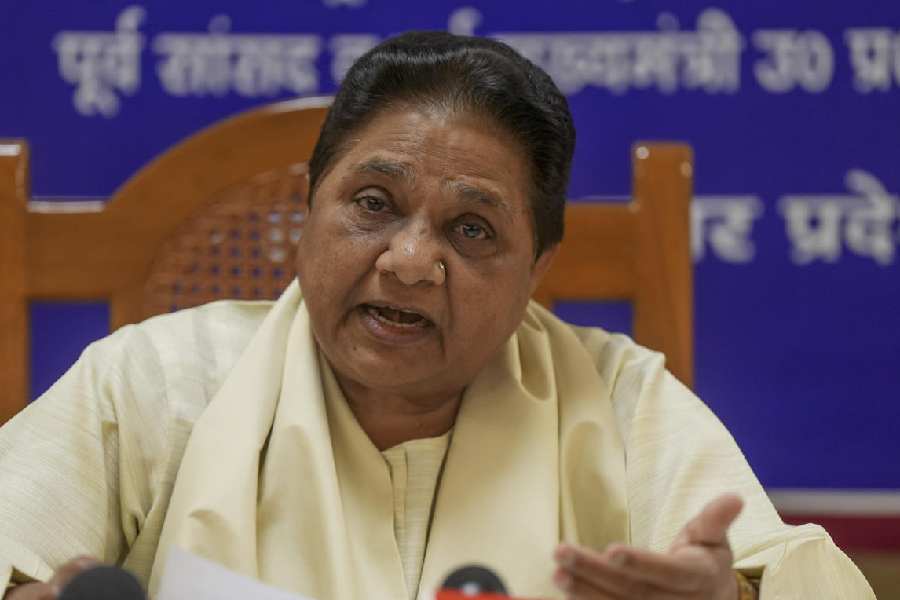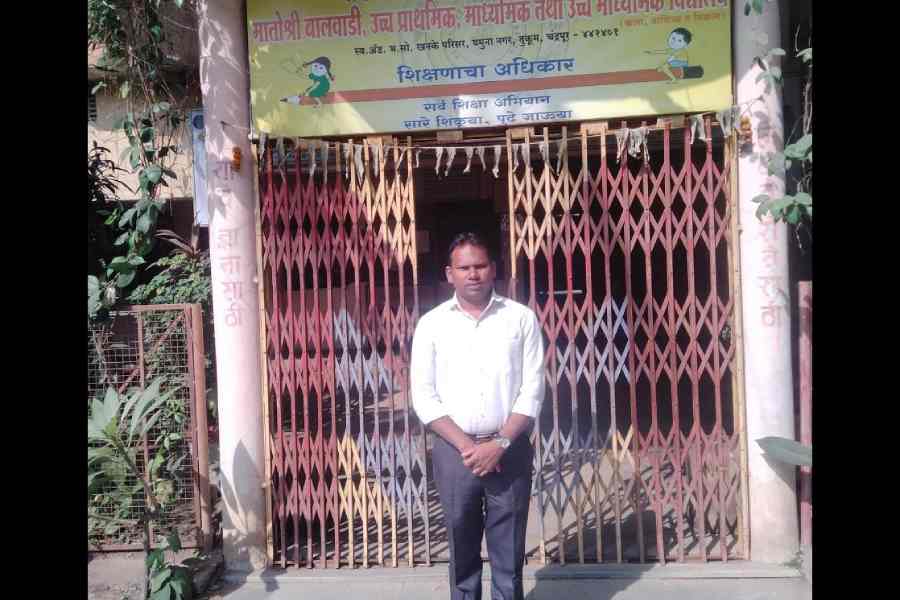Much has been spoken of and written on how the world, as we know it, has and will transform during and after the Covid-19 pandemic. Rebooting the economy is as much about macro considerations as it is about reinventing businesses and people skills at the micro level. Drilling down deeper, it becomes apparent that the essence of reinvention has trickled down to all constituents of humanity, societies and individuals.
As we read about the effects of the the pandemic and speak with friends and professionals across the globe, here are some interesting learnings that have come to the forefront.
From fear to acceptance
When Covid-19 broke out earlier this year, there was panic and fear among human beings across countries. With lockdowns simultaneously imposed in many parts of the world, life came to a standstill. But now, with time, the atmosphere of fear has slowly been replaced by a sense of acceptance.
Humans have adapted to the new normal by making the necessary adjustments such as minimising physical contact and practicing social distancing even though it wasn’t a very familiar exercise.
There has been more time to turn the collective attention of humans toward self-care and general well-being, with people being forced to spend fewer hours outdoors. The trends
reflect this shift. Fitness apps, for instance, have witnessed a 40 per cent increase in the time users spent thereon.
Human beings now also recognise the risk of loss and an increased perception about mortality. This awareness has prompted people to focus on self-preservation. Acceptance of this mortality risk has even been reflected in how consumers are now perceiving life insurance as a must-have.
According to Irdai data, the new business premium of life insurers saw a 15 per cent year-on-year increase in August 2021.
From self to sustainability
The changes from this defining event has also trickled down to society at large. With societal engagements being restricted, various sections of the community adapted to the change by learning new skills and evolving on the professional as well as the personal front.
Many salaried individuals have reinvented themselves as self-employed professionals owing to job redundancy. In addition to the move to self-employed status, the gig economy has also gained prominence in the employment landscape. This is because many organisations are now increasing their share of gig workers and freelancers as part of the remote working culture.
In the midst of this shift, there’s also another impending change on the horizon. Society as a whole is making a transition from self-gratification and self-aggrandisement to long-term sustainability. This is reflected in how consumers are now shopping for goods.
A Capgemini report revealed how 79 per cent of Indian consumers were altering their purchase preferences based on social responsibility, inclusiveness, or environmental impact. Clearly, there has been a shift in retail behaviour, with choices moving from luxury goods to need-based products and more focus on buying from businesses that make a difference.
Thus, there’s greater focus on socially impacting activities and tasks rather than mere self-gratification.
Broadening horizons
The changes at the societal level have also spurred transformations at the level of the individual. There is greater focus on becoming self-sufficient.
Coming hand-in-hand with this shift is a greater gravitation towards knowledge acquisition and upskilling. It was heartening to see that massive open online courses (MOOCs) witnessed a huge surge earlier this year.
Clearly, the average Indian consumer is ready to make the transition from familiar territories to broader horizons. This may also equip individuals to work on multiple assignments from the comfort of their homes, in the wake of the new work-from-home culture, rather than seek permanent employment through conventional channels. This could also mean that individual entrepreneurship will also rise as traditional jobs shrink.
The takeaway
With this three-tier transformation, it’s also essential that businesses need to reinvent themselves to keep pace with the societies they operate in and the individuals they seek to serve. I believe that a shift in perspective is the need of the hour.
Businesses need to move beyond number crunching and instead focus on their higher calling — the need to make visible and lasting differences to the well-being of the consumers they serve.
Businesses may also need to rethink on how they invest their profits, such as the well-being of their workforce, retraining and upskilling of employees, investments in technology to give easier and more immersive customer experiences.
The road ahead will likely be paved with milestones that have the names of those brands and businesses that succeed in providing a holistic human experience to their consumers.
In this regard, companies can rely on data mining to better customise and contextualise their product offerings and the messages they send out. That, I presume, may be the right place to begin this journey in the next normal.
The writer is chief of operations and customer experience,Bajaj Allianz Life











